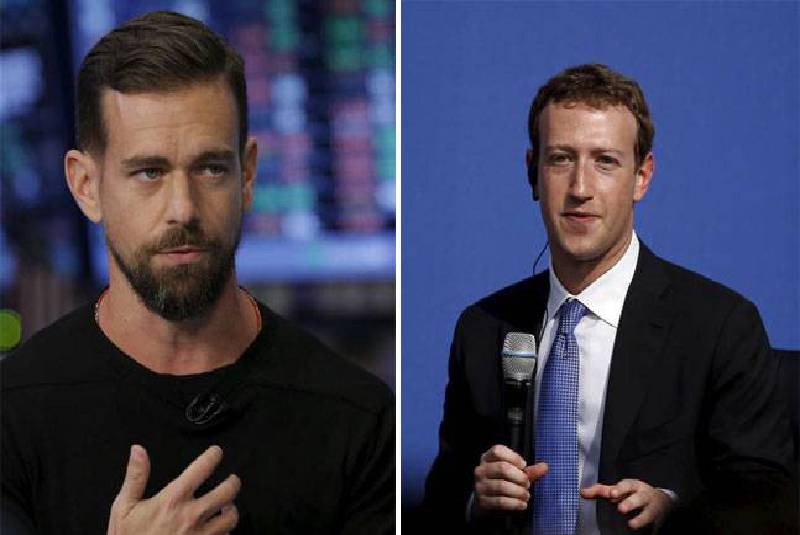×
The Standard e-Paper
Fearless, Trusted News

In early April, Facebook Inc Chief Executive Mark Zuckerberg navigated through the first of two US congressional hearings without making any promises to support new legislation or change how the social network does business.
This came about when Facebook said the personal data of up to 87 million users was improperly shared with British political consultancy Cambridge Analytica, as Mark Zuckerberg defended his leadership at the huge social network.